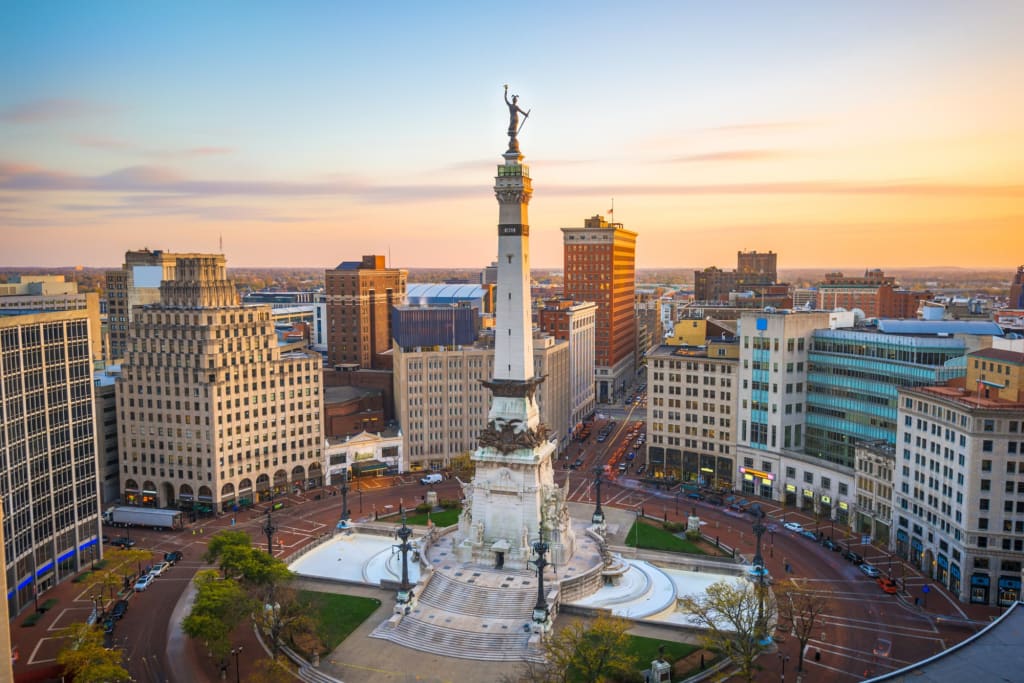Historically Black Colleges and Universities (HBCUs) have been an integral part of the American higher education landscape for over a century. These institutions have played a crucial role in providing educational opportunities for African American students and fostering a sense of community and cultural pride. While HBCUs are most commonly associated with states in the southern United States, there are also a few HBCUs located in the Midwest, including in the state of Indiana.
One of the most well-known HBCUs in Indiana is Martin University, located in Indianapolis. Established in 1977, Martin University was founded by Rev. Boniface Hardin, a Catholic priest who sought to provide higher education opportunities for African American students in the Indianapolis area. The university offers a range of programs, including undergraduate and graduate degrees in areas such as business, education, social work, and criminal justice.
Martin University has a long history of serving minority and low-income students, with a focus on providing a supportive and inclusive learning environment. The university is committed to promoting diversity and social justice, and it offers a variety of resources and support services for students of color, first-generation students, and non-traditional students.
In addition to Martin University, there are a few other institutions in Indiana that have historically served African American students, such as Indiana University-Purdue University Indianapolis (IUPUI) and Indiana State University. While these institutions are not officially classified as HBCUs, they have a significant African American student population and offer programs and services that cater to the needs of minority students.
Overall, while Indiana may not have as many HBCUs as some southern states, the presence of institutions like Martin University demonstrates the state’s commitment to providing educational opportunities for African American students. These institutions play a vital role in promoting diversity and inclusion in higher education and helping to address the disparities that exist in access to quality education for minority students. As HBCUs continue to thrive and evolve, they will continue to be an important part of the educational landscape in Indiana and beyond.
